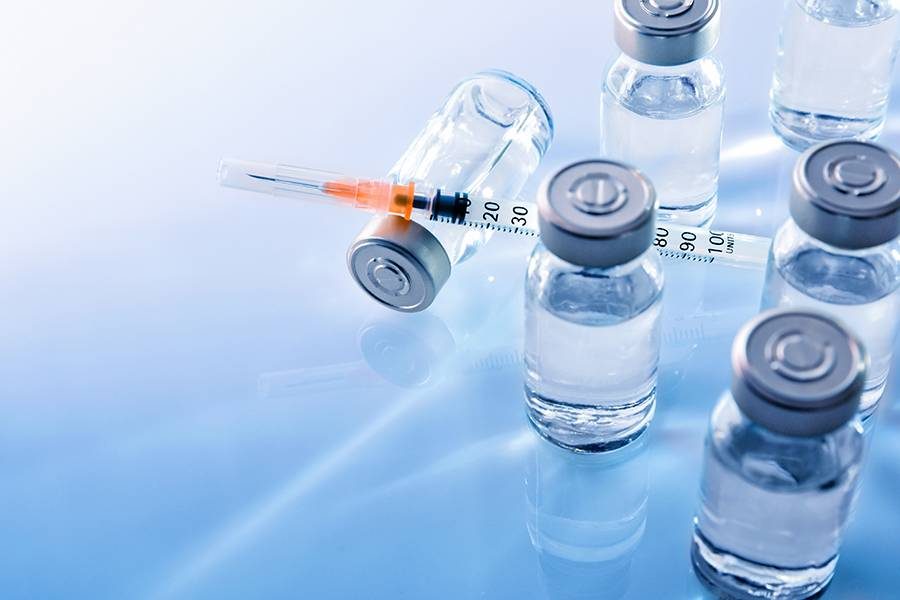The Importance of Vaccines
May 1, 2019
If you’ve been on social media recently, chances are you’ve seen talk and memes about “anti-vax parents”, or parents that refuse to have their children vaccinated for diseases. The topic has only recently begun trending on social media, though the anti-vaccination movement began back in the late 90s. However, this isn’t just a joke floating around on the internet. A recent outbreak of measles and deaths related to the disease are causing some concern and even panic throughout the country.
So, why refuse to prevent disease from reaching your kids? Well, there are a few reasons. Many are concerned about what is put into vaccines, especially the measles, mumps, and rubella vaccine. There were rumors spreading of the vaccine containing mercury, though that was quickly debunked, as the MMR vaccine has never had mercury in it. In addition to that, Andrew Wakefield, a former British doctor, released a study suggesting that the MMR vaccine is linked to autism. However, that statement was also debunked, and Wakefield was stripped of his doctor title and erased from the medical registry.
Along with the MMR vaccine, many other vaccines have been causing hesitation to parents. The Hepatitis B has raised concern with its amount of aluminum, Thimerosal is believed to damage the brain, and Squalene is thought to be toxic. Contents of vaccines often prevent parents from vaccinating their kids.
Vaccines consist of the actual disease they are meant to prevent and are injected into the body in order to allow the immune system to adjust to fighting off the pathogens or “invaders”. That way, if the vaccinated individual happens to come into contact with the disease, their immune system already knows how to deal with it. It’s because of this that in most cases, diseases like chicken pox do not often come back if you’ve had it during childhood. Your immune system knows how to fight it off, and takes care of it without you even knowing. Vaccines are not used for people with weakened immune systems, however. A weakened immune system may not be capable of killing off the pathogens as well as a strong one can, so the patient may end up developing the disease instead.
Vaccines help us fight off diseases by allowing our bodies to learn how. If we didn’t have vaccines available to us, our bodies would be thrown off by the number of pathogens and “invaders” we are exposed to, and we may not even be standing here as healthy today. They are safe and worth getting to prevent diseases and harm to our bodies.










































































































































